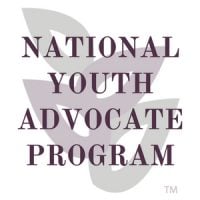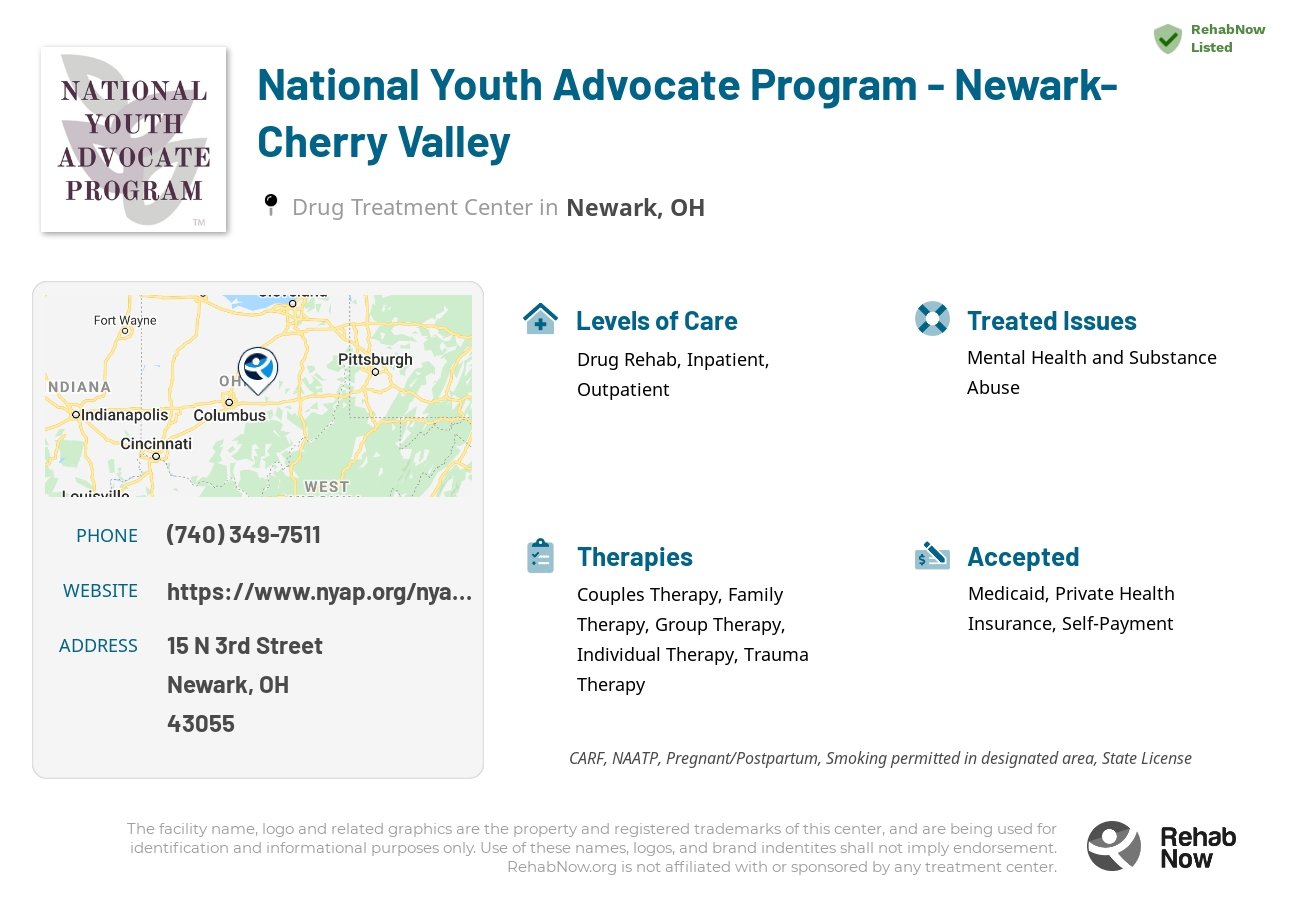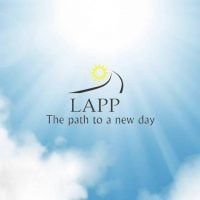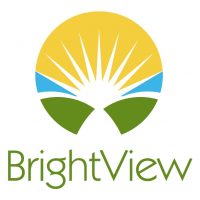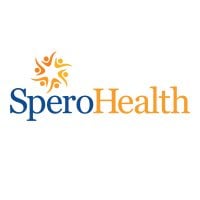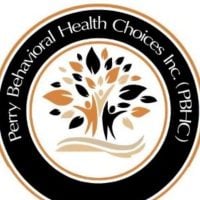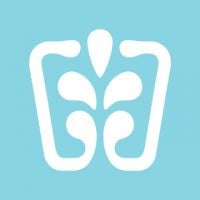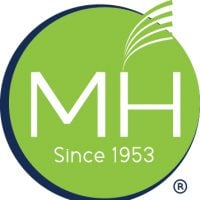National Youth Advocate Program - Newark-Cherry Valley
Drug Rehab Center in Newark, Ohio
The National Youth Advocate Program - Newark-Cherry Valley provides comprehensive addiction treatment for individuals and their loved ones, offering various levels of care, specialized treatment options, and accepts private health insurance.
About This Ohio Facility
National Youth Advocate Program - Newark-Cherry Valley, located in Newark, Ohio, is a treatment facility that specializes in supporting individuals dealing with dual diagnosis, drug addiction, mental health issues, substance abuse, and alcoholism. They offer a range of care levels including inpatient, outpatient, detox, and drug rehab services. Additionally, they accept private health insurance, making their services more accessible to those seeking help. Affiliated with the National Youth Advocate Program, this center is dedicated to providing comprehensive and personalized treatment for individuals looking to overcome addiction and improve their mental well-being.
With a focus on dual diagnosis and a wide range of addiction-related issues such as drug addiction, mental health, substance abuse, and alcoholism, National Youth Advocate Program - Newark-Cherry Valley offers various services and treatment methods to support individuals on their path to recovery. Their facility provides inpatient and outpatient care, allowing individuals to choose the level of support that best suits their needs. They also offer detox services to help individuals safely and comfortably manage withdrawal symptoms. Through their drug rehab program, they provide a structured and supportive environment to help individuals develop the skills necessary to maintain sobriety. Overall, National Youth Advocate Program - Newark-Cherry Valley is committed to helping individuals overcome addiction and achieve long-lasting recovery.
Genders
Ages
Modality
Additional
Conditions and Issues Treated
Levels of Care Offered at National Youth Advocate Program - Newark-Cherry Valley
This center offers a variety of custom treatment tailored to individual recovery. Currently available are Drug Rehab, Inpatient, Outpatient, with additional therapies available as listed below.
Individuals who are suffering from severe addiction or have a high risk for dangerous health concerns are often recommended to receive inpatient treatment.
Choosing to enter an inpatient treatment program is beneficial for people who are suffering from severe addiction, or who have a high risk for dangerous health concerns.
Inpatient treatment is beneficial for:
- People who have a history of severe withdrawal.
- People who have attempted to overcome addiction on their own without success.
- People who have a history of relapse, or have recently relapsed.
- People at risk for drug overdose or withdrawal-related complications.
- People with medical conditions that are worsened by drug or alcohol use.
Outpatient treatment programs provide drug and alcohol addiction treatment through individual sessions with a counselor, group therapy, 12-step meetings, and other activities to help individuals gain sober living skills. Most programs are designed for those individuals who have completed a medically supervised detoxification program and provide opportunities for clients to begin the process of early recovery.
Outpatient programs also offer a level of medical support as needed and psychological backing through therapy. Clients are encouraged to live at home, though there may be some flexibility regarding this requirement based on the circumstances and needs of each patient.
Outpatient treatment is perhaps the most common type of dual diagnosis program available. It does not pose a significant financial burden on patients. However, it is essential to note that outpatient treatment does not provide the support and supervision given in residential programs. Some addicts may need this level of support to maintain their sobriety.
Therapies & Programs
Therapy sessions focused on the individual addict can provide much-needed guidance as they work toward overcoming their addiction. These types of sessions typically involve guidance from a therapist, who will help addicts identify and process their feelings and cravings.
During these sessions, addicts may develop plans for coping with the triggers that typically lead to relapse and learn how to avoid those triggers during their recovery process.
If you are looking for drug recovery, couples therapy can be a great option. This type of therapy can help rebuild trust and joy in relationships that may have been damaged by addiction. It can also help reduce the dysfunctional behavior in a relationship that may trigger addiction. A patient’s partner will be involved in the process. They can also benefit from therapy, especially if they are trying to live with an addict.
The main goal of family therapy for drug addiction is to create an environment where communication can occur without judgment, hostility, or blame that often occurs within a family.
Family therapy is a type of group problem-solving that aims to improve communication and relationships between the patient, their family, and sometimes friends. The therapist is with the family as they learn to communicate with each other differently, especially with the addict when s/he is using.
The family can learn to reduce their enabling behavior or rally together and support each other during tough times. The patient also learns how to deal with their addiction and maintain sobriety while interacting with the family.
Different types of addiction treatment services are available. Within this article, group therapy is of interest due to its high success rate compared to individual therapy. Group therapy settings are beneficial because they allow recovering addicts to build a strong support network.
Benefits of group therapy are:
- Reduces feelings of isolation
- Immediate access to social support in the form of fellow addicts in recovery
- Lowers risk of relapse
- Increases rate of sobriety
- Builds coping skills that can be applied to everyday life
Trauma Therapy is a form of therapy that involves working with a patient to help them process and understand the past trauma(s) in their life. The idea behind it is that while some people can experience traumatic events and not have lasting psychiatric symptoms, many others will. In these cases, memories of the event get hidden from consciousness but continue to influence how the person processes and copes with things in their life. They may avoid situations that resemble what happened or become suddenly angry or irritated to a situation that reminds them of a past event.
With the help of a therapist, people can go back over memories and experiences. This helps them understand why they are having problems coping with certain situations and how they can change how they think and react to things. This therapy is typically done using techniques such as visualization, discussion, and writing down thoughts and feelings.
Trauma therapists will work with clients to help them understand their past and present relationships. Many times, patients may believe that something is inherently wrong with them or that they are unworthy of love. A therapist aims to correct these negative feelings and behaviors by helping the person realize that their actions do not reflect who they truly are.
One of the main goals of trauma therapy is to help clients express their emotions and talk about what they are feeling. This benefits both to increase awareness of how certain events have impacted them in the past and enables patients to realize that they can make changes in their lives.
Cognitive Behavioral Therapy (CBT) is used by drug treatment centers to help addicts comprehend the causes of their substance abuse and the consequences that follow. Through CBT, clients learn to recognize and avoid high-risk situations and cope with challenging situations when they arise.
CBT treatment often includes a combination of individual therapy, group therapy, lectures, and other activities. The treatment’s goal is to help addicts gain self-control and maintain abstinence from drugs and alcohol over the long term so that an addict can get sober and lead a more productive life.
CBT is particularly effective in helping people overcome their drug problems, especially people whose drug abuse is motivated by self-defeating beliefs and emotions.
Payment Options Accepted
For specific insurance or payment methods please contact us.
Is your insurance accepted?
Ask an expert, call (888) 674-0062
National Youth Advocate Program Associated Centers
Discover treatment facilities under the same provider.
- National Youth Advocate Program - Wheeling Regional Office in Wheeling, WV
- National Youth Advocate Program - Columbus Care Management in Columbus, OH
- National Youth Advocate Program - Cincinnati in Cincinnati, OH
- National Youth Advocate Program - Dayton in Dayton, OH
- National Youth Advocate Program - Tallmadge in Tallmadge, OH
Learn More About National Youth Advocate Program Centers
Additional Details
Specifics, location, and helpful extra information.
Newark, Ohio 43055 Phone Number(740) 349-7511 Meta DetailsUpdated November 25, 2023
Staff Verified
Patient Reviews
There are no reviews yet. Be the first one to write one.
Newark, Ohio Addiction Information
Ohio is suffering from a drug abuse problem that is costing thousands of its residents their lives every single year. Opioids, particularly Fentanyl and heroin, are the leading drugs in the state. The state ranks in the top 10 for illicit use of painkillers. Opioid-related overdose rates in Ohio are by far some of the highest in the country.
The number of drug-related deaths in Newark, Ohio is relatively high. According to statistics, there are around 9,000 people in Newark who are addicted to drugs. In 2012 there were 2,534 drug-related emergency room visits in Newark alone, averaging 5 per day. In Newark, Ohio, drug treatment can vary depending on the facility but often involves detoxification, therapy, and medication.
Treatment in Nearby Cities
- Delaware, OH (38.9 mi.)
- Alliance, OH ( mi.)
- Eaton, OH (120.5 mi.)
- Fayette, OH (150.3 mi.)
- Rocky River, OH (102.3 mi.)
Centers near National Youth Advocate Program - Newark-Cherry Valley
The facility name, logo and brand are the property and registered trademarks of National Youth Advocate Program - Newark-Cherry Valley, and are being used for identification and informational purposes only. Use of these names, logos and brands shall not imply endorsement. RehabNow.org is not affiliated with or sponsored by National Youth Advocate Program - Newark-Cherry Valley.
